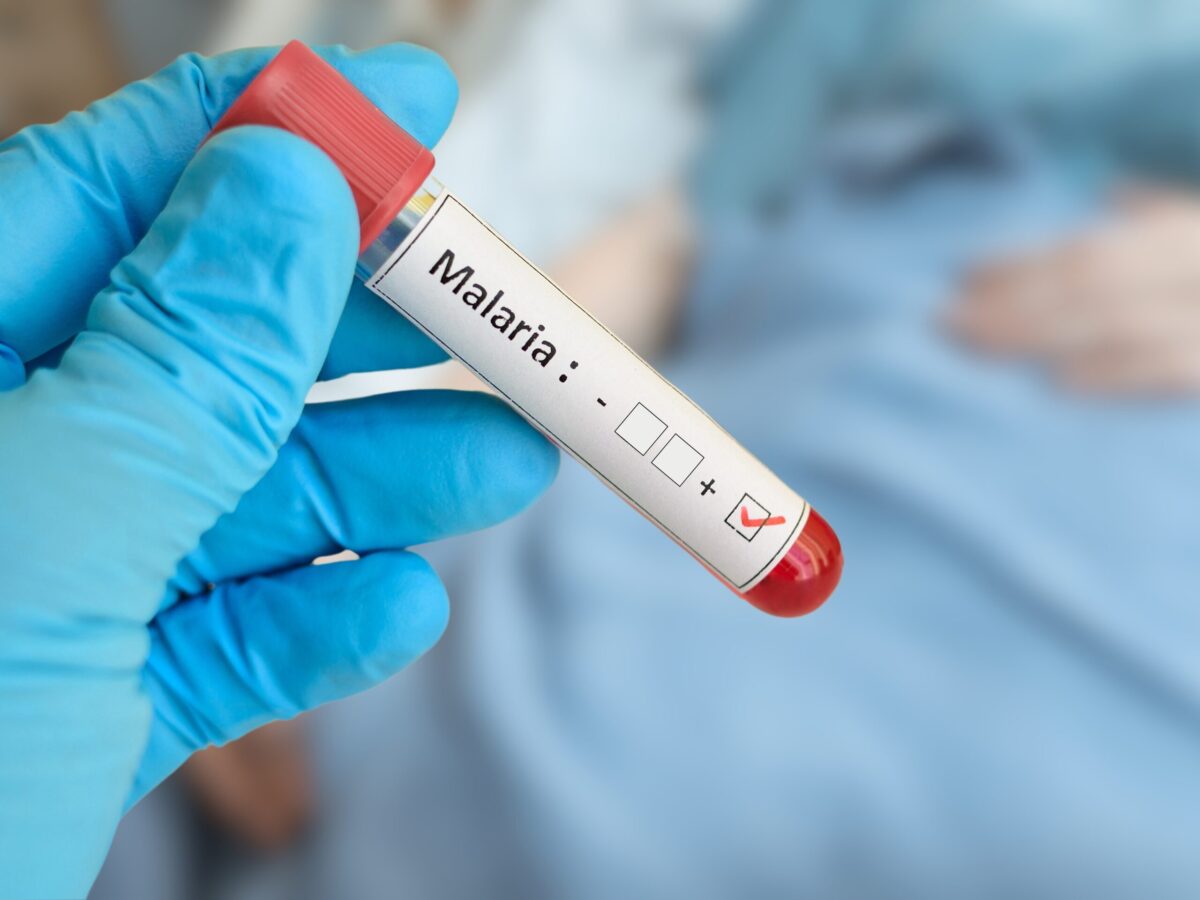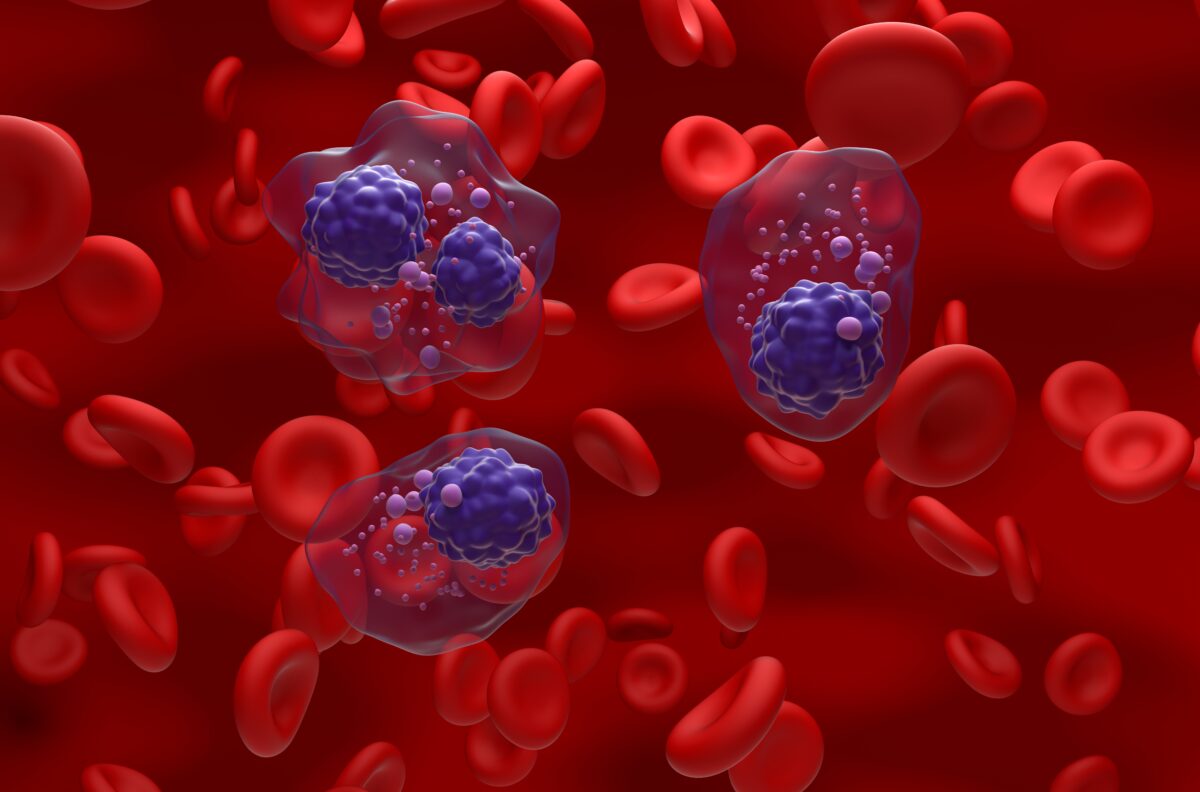A review conducted by Florida International University, suggests that a portable, sensitive biosensor may heathcare providers monitor the progression of Alzheimer’s disease – even in underdeveloped countries. The paper – which was published in the journal, Biosensors and Bioelectronics – suggests that such a biosensor could have a major impact on a patient’s quality of life.
The researchers propose a rapid point-of-care diagnostic that would measure the amount of beta-amyloid in a patient’s blood, and subsequently provide an estimate of how far the disease has progressed. While the true cause of Alzheimer’s disease is still unknown, some researchers believe that plaques made up of the peptide, beta-amyloid, could contribute to neuronal cell death and disease symptoms.
As the protein can be found at low levels in the blood, it could act as a biomarker to help in diagnosing and monitoring the disease. While physicians use a number of methods – including MRI and ELISA – to get an idea of beta-amyloid levels in the brain, these methods can be costly and time-consuming.
Current diagnostics for measuring beta-amyloid levels in the blood lack the sensitivity necessary to accurately measure disease progression, and are often expensive. In order to improve personalized treatment for Alzheimer’s patients, the team at Florida International University plan to develop a device of their own.
“We want to develop a point of care system, where a small drop of blood plasma can reveal their beta-amyloid level immediately so that a doctor can tailor a patient’s therapy immediately,” said Dr. Ajeet Kaushik, of the Center for Personalized Nanomedicine at Florida International University. “The drugs used to treat Alzheimer’s disease can have side effects, so it’s better for patients not to overdose. With the right data, doctors can respond quickly to changes in a patient’s brain by reducing or increasing their dose.”
Kaushik and his colleagues reviewed all the currently-available technology for measuring beta-amyloid in the blood, and found that none can be completed simply and rapidly at a patient’s bedside. All of the techniques require technical expertise, large blood samples, and can take between 6 and 8 hours to generate a result, in the case of ELISA.
The researchers at Florida International University aim to develop a diagnostic capable of accurately measuring small levels of beta-amyloid in the blood, in just half an hour. “Even though existing technologies are well established, we need to move towards small sample, high accuracy tests that can be used in all environments, from developed countries to rural settings,” said Kaushik. “Our goal is to develop a test that’s sensitive, small and affordable.”
In order to develop a biosensor, the researchers will need to collect a number of fluid samples collected at various time points throughout disease progression. While this will be a challenge, the researchers believe their review provided sufficient evidence that the goal of developing a biosensor is achievable.
“A quick biosensor test will enable a clinician to collect information on the progression of disease and see what’s happening to a patient over time,” said Kaushik. “It will also show if and when the disease reaches an untreatable level. In the future we hope a rapid biosensor test for Alzheimer’s disease will help scientists study disease progression and help clinicians deliver personalized therapy to patients.”












Join or login to leave a comment
JOIN LOGIN